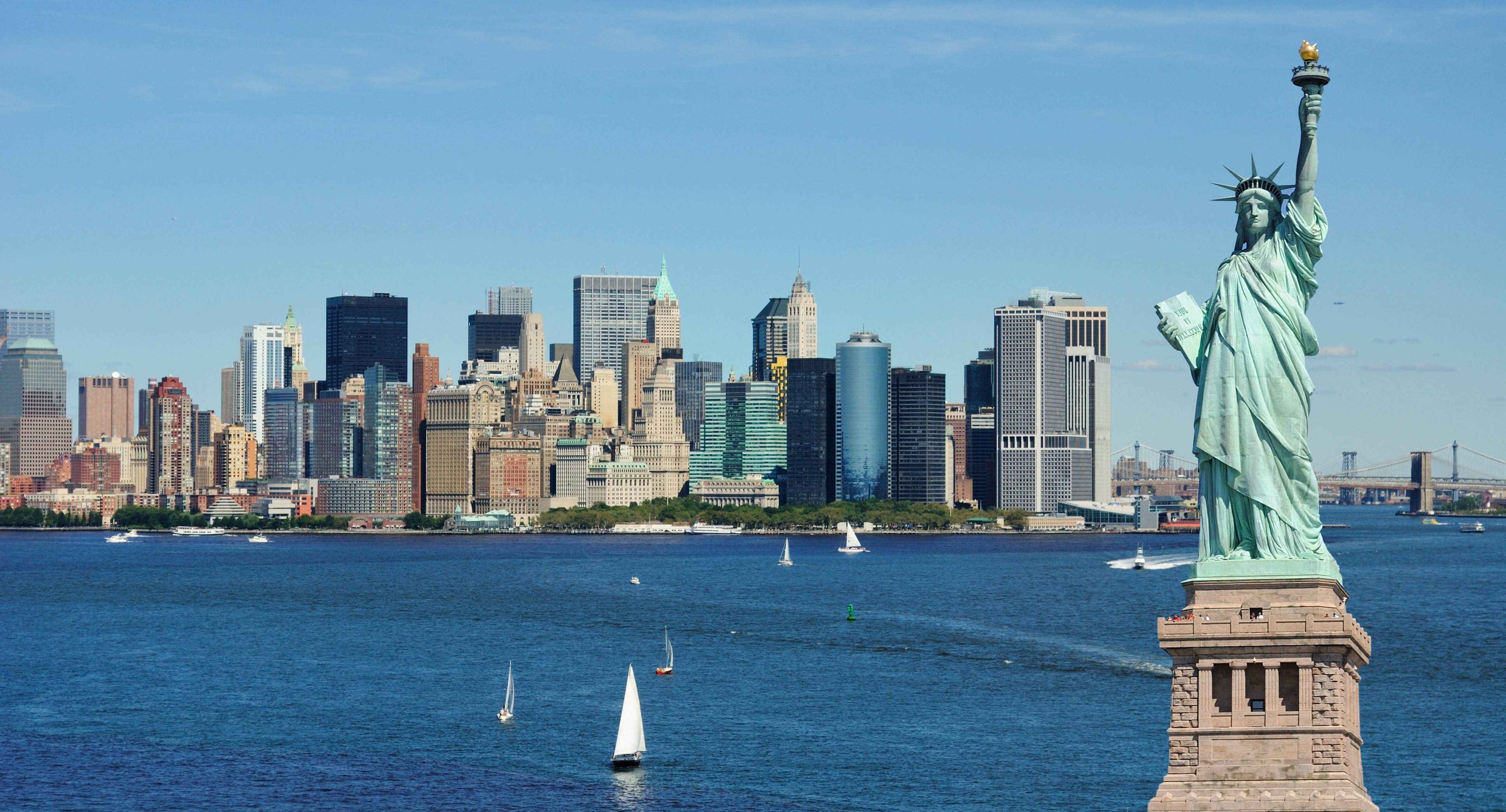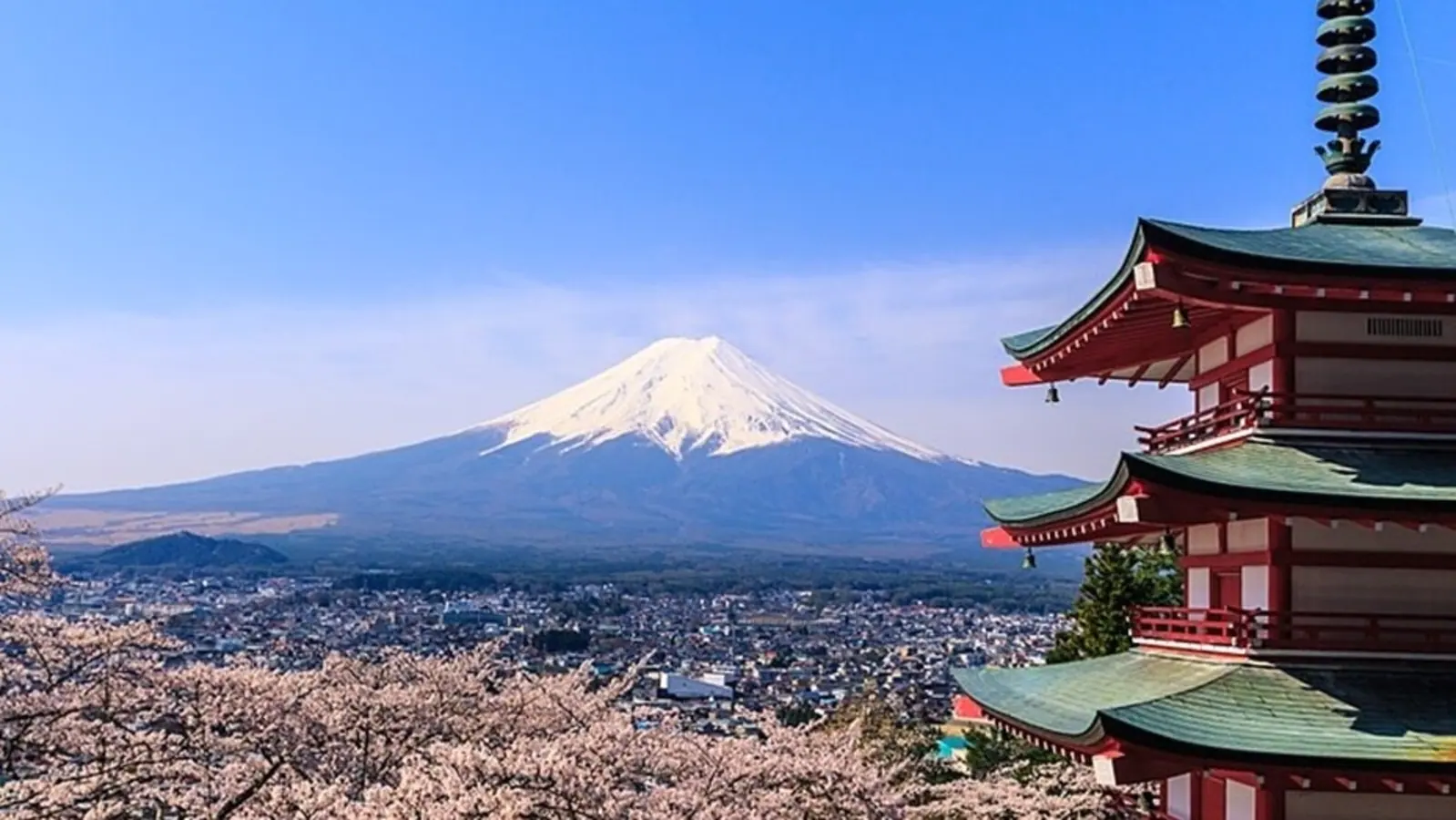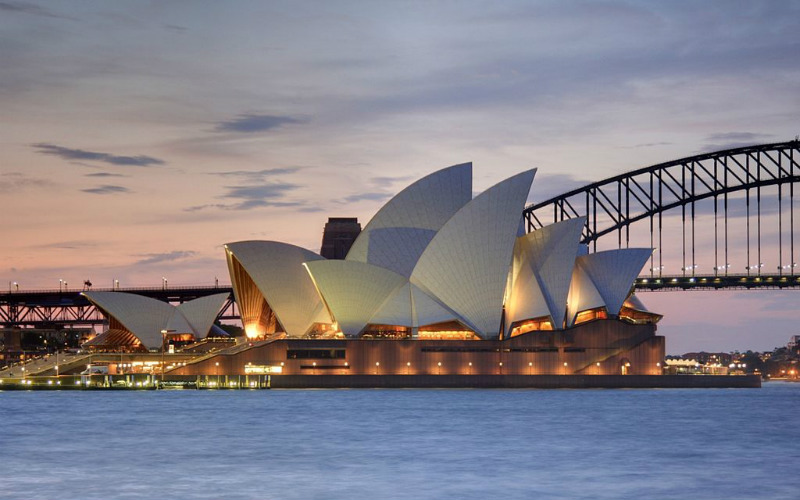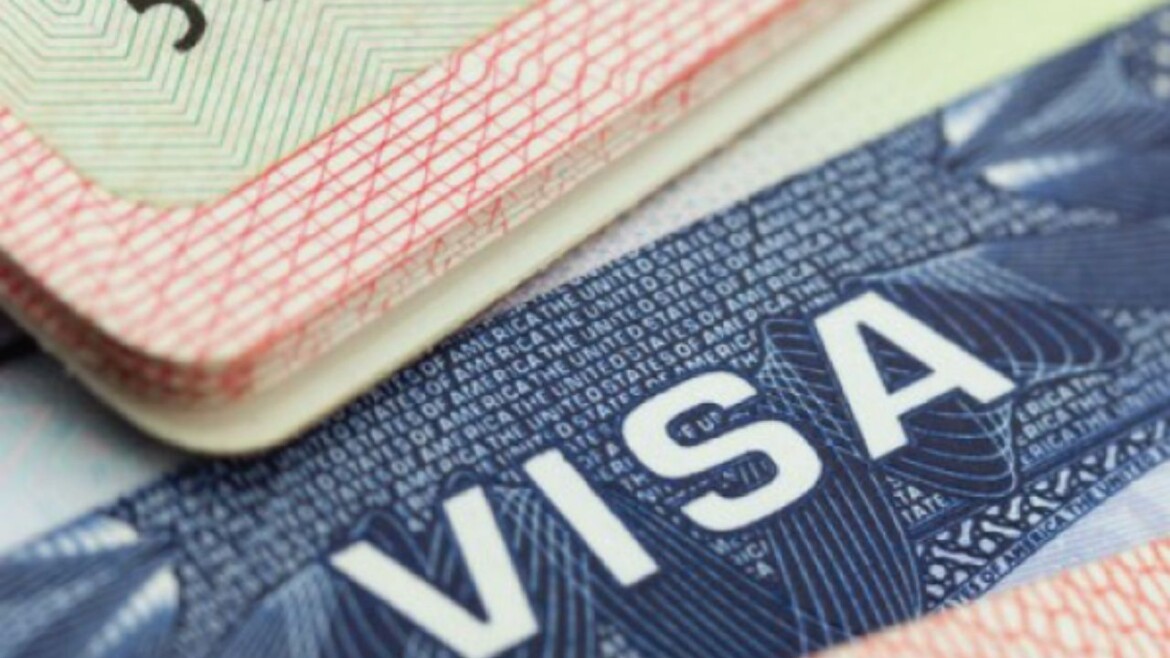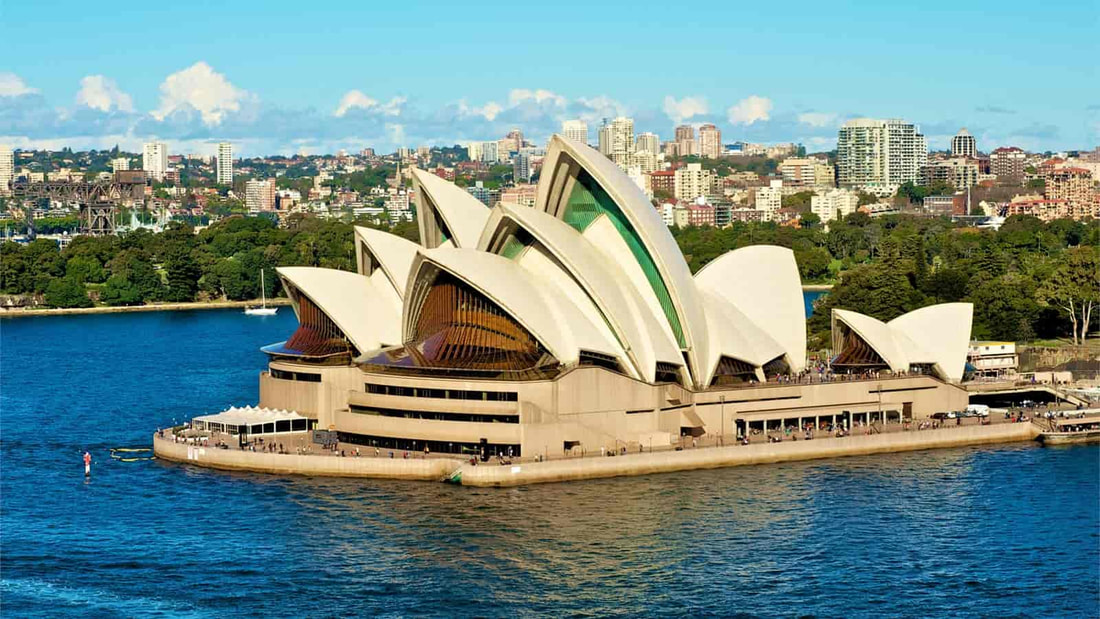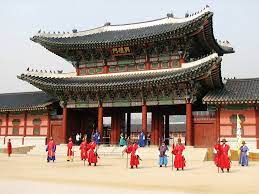
South Korea, country in East Asia. It occupies the southern portion of the Korean peninsula. The country is bordered by the Democratic People’s Republic of Korea (North Korea) to the north, the East Sea (Sea of Japan) to the east, the East China Sea to the south, and the Yellow Sea to the west; to the southeast it is separated from the Japanese island of Tsushima by the Korea Strait. South Korea makes up about 45 percent of the peninsula’s land area. The capital is Seoul (Sŏul).
The constitutional structure is patterned mainly on the presidential system of the United States and is based on separation of powers among the legislature, the executive, and the judiciary. The government system, highly centralized during most of South Korea’s existence, is less so under the Sixth Republic.
Shamanism, Buddhism, and Confucianism constitute the background of modern Korean culture. Since World War II, and especially after the Korean War, globalization and rapid political and economic development have had a marked effect on the country’s culture. Traditional thought, however, still plays an important role under the surface. Korea belongs historically to the Chinese cultural realm. After the Three Kingdoms period in particular, Korean culture was strongly influenced by the Chinese, although this influence was given a distinctive Korean stamp.

